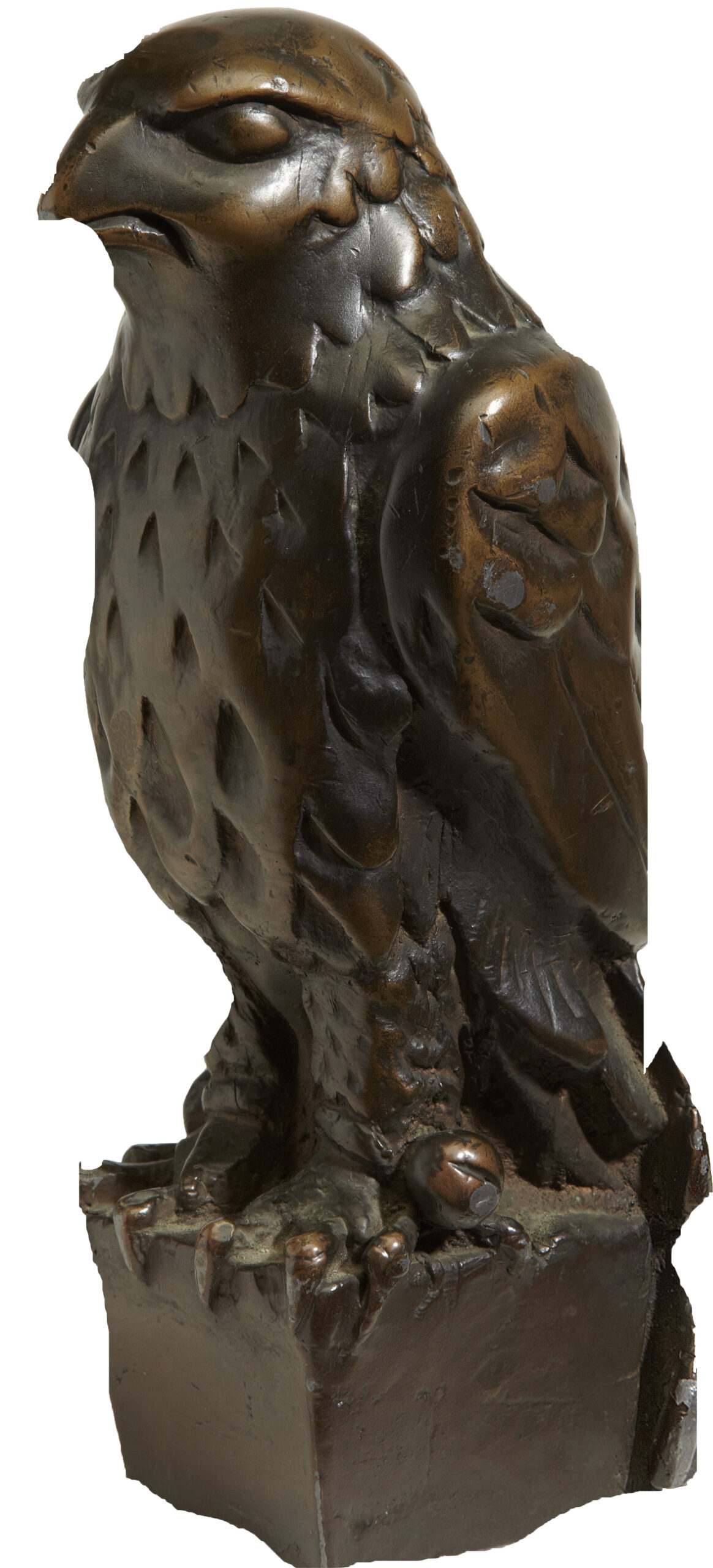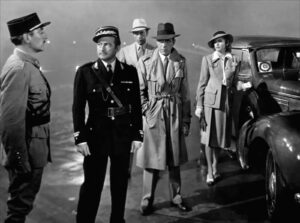Favorite Books and Movies
In one of Plato’s Dialogues, Socrates meets Euthyphro on the steps of the court in Athens. Euthyphro, who has a reputation of being an expert in matters of holiness, just prosecuted his father for unintentionally killing a slave. As usual, Socrates, through a series of questions, reduces the expert to aporia. Euthyphro finally admits that he does not know what he thought he knew. This, from Socrates’ perspective, was a good thing because by realizing that we may not really know what we thought we knew, we can begin the search for truth. During their conversation, Socrates asks, “Is something good because the gods like it, or do the gods like it because it is true?” Is a movie or book or painting good because the critics like it, or do the critics like it because the artistic endeavor is good?
I am not claiming that my choices are the best works. Some are not the choice of expert. My father-in-law described experts as “people who were strangers from out of town.” I just like sharing what I find interesting in some art works, hoping that you might find them interesting or glean some idea that you did not possess before. I think the very best movies are those you have watched a thousand times, but when you come across it while surfing the channel guide, you stop and watch it again no matter what section of the movie is currently showing. And I think the best books are those you can reread multiple times and still laugh or cry or learn something new upon each reading.
Casablanca, Charade, Wanda Hickey’s Night of Golden Memories, Leave No Trace, Time Out

Casablanca. I taught an elective, Cinema, for years in a public high school. I learned that some young people do not look at movies the same way I did. For example, one lad who opted for the course said, “What can you say about a movie? It’s just a movie. What can you discuss?”
There were a number of students passionate about their hatred of black and white movies.
“Mr. M, I have never watched a black and white movie, and I don’t plan to!” She was surrounded by girl friends who nodded their heads in support.
I replied, “I am sorry you are missing out on so much, but I plan to.”
Groans rise up from those class. Most of them had only watched movies with basically the same plot: Joey had his car stolen and he tries, along with his girlfriend, to get it back.
When people think of the movie Casablanca, they usually define it as a love story. As Time Goes By, played in a number of variations depending on the mood of the scene is a played most often as a romantic background. I approached it differently. I framed it as a propaganda film. It was made in 1942. The Nazis had occupied France, created a puppet Vichy government in the south, and placed General Patain, hero in World War 1 in charge. The movie begins with a man, perhaps a member of the resistance, being chased by Vichy French or German officials who shoot him. He slumps at the base of a wall with a mural of General Petain and dies.
Rick’s Place is run by Rick Blaine, saloon keeper and champion of the underdog, a description he repeatedly denies, but his speech is undermined by his many actions in the film. He tells the Major Heinrich Strasser that his German folk would be wise to stay out of Brooklyn.
Other indications that this is primarily a propaganda film are:
• Rick’s Place is a Noah’s Ark of nationalities. People in his “saloon” are from different parts of the globe and almost all of them are trying to either escape from the Nazis or fight against them.
• The scene in which the Nazis’ singing of their national anthem is drowned out by the rest of the crowd shedding tears as they sing the Marseillaise, the French national anthem which was banned by the Germans.
• Rick’s speech before she boards the plane with Victor: “Ilsa, I’m no good at being noble, but it doesn’t take much to see that the problems of three little people don’t amount to a hill of beans in this crazy world.” This was a reminder of the need for personal sacrifice for the greater good.”
• Captain Renault kicking the Vichy water bottle in the garbage basket after Rick shoots Major Strasser.
• Rick and Louis walking off into the distance as they begin to join the fight.
Incidentally, the students who raged against viewing black and white movies were jumping at the desks and yelling at the screen, encouraging Ilsa to choose Rick Blaine over Victor Laszio.
The last item I wanted the class to ruminate on was the uncertainty of the future. I remind them that the movie was shown to audiences in 1942. In 1942, people did not know how the war was going to end. At the time, the fascist powers seemed to be winning. Put yourself in their place, not knowing if your side would achieve victory or become slaves to Hitler. What would you be feeling?
What did you feel after 9/11? How does an uncertain future affect us? Think about events happening around the world now. Uncertainty often causes stress. How many people around the globe are feeling stress?


